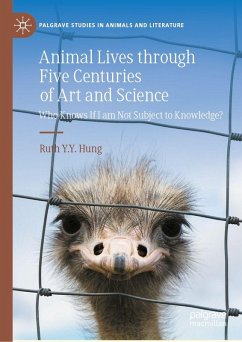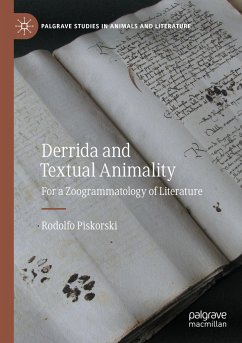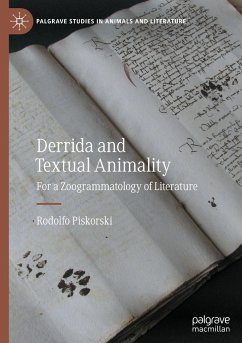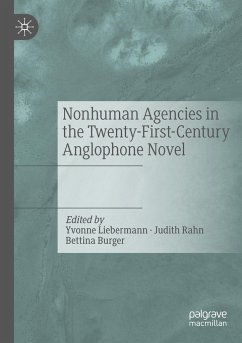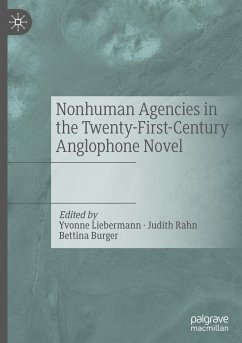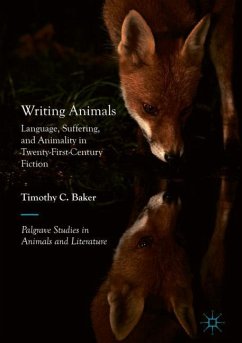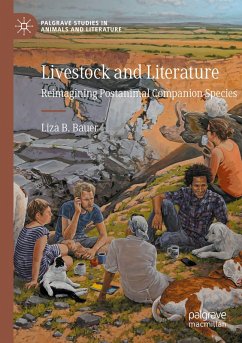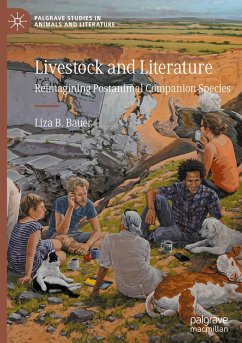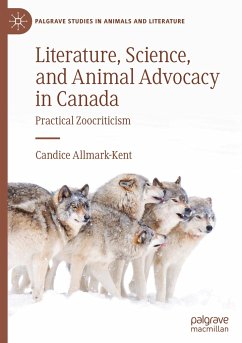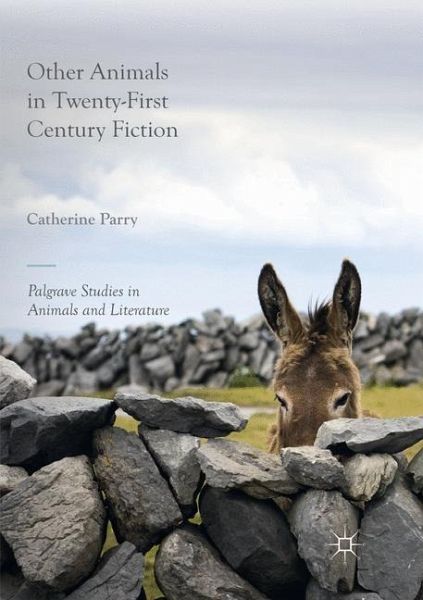
Other Animals in Twenty-First Century Fiction
Versandkostenfrei!
Versandfertig in 6-10 Tagen
68,99 €
inkl. MwSt.
Weitere Ausgaben:

PAYBACK Punkte
34 °P sammeln!
This book is about ordinary animals and how they are imagined in twenty-first century fiction. Examining contemporary animal representations and the fraught and potent distinctions humans fashion between themselves and all other animals, it asks how a range of novels make, re-make or un-make traditional conceptions of the creatures we love, admire, eat, vilify and abuse. Other Animals ' detailed readings of horses, an animalised human, a donkey, ants, chickens and chimpanzees develop new critical practices in Literary Animal Studies. They explore the connections between fictional animal repres...
This book is about ordinary animals and how they are imagined in twenty-first century fiction. Examining contemporary animal representations and the fraught and potent distinctions humans fashion between themselves and all other animals, it asks how a range of novels make, re-make or un-make traditional conceptions of the creatures we love, admire, eat, vilify and abuse. Other Animals ' detailed readings of horses, an animalised human, a donkey, ants, chickens and chimpanzees develop new critical practices in Literary Animal Studies. They explore the connections between fictional animal representation, narrative form, ethics, and the lives and warm bodies of the real-world creatures that precede and exceed our imagination. Human-animal relationships are conditioned by our imaginative shapings of other animals, and by our sense of distinction from them, and Other Animals opens out how fictional animal forms and tropes respond to, participate in, or challenge the ways animals' lives are lived out in consequence of human imaginings of them.



